Hong Kong is a special administrative region of the People’s Republic of China. With 7.4 million residents of various nationalities in a 1,104-square-kilometre (426 sq mi) territory, Hong Kong is the fourth most densely populated region in the world.
Hong Kong was established as a colony of the British Empire after the Qing dynasty ceded Hong Kong Island in 1841–1842 as a consequence of losing the First Opium War. The colony expanded to the Kowloon Peninsula in 1860 and was further extended when the United Kingdom obtained a 99-year lease of the New Territories in 1898. Hong Kong was occupied by Japan from 1941 to 1945 during World War II. The territory was handed over from the United Kingdom to China in 1997. Hong Kong maintains separate governing and economic systems from that of mainland China under the principle of one country, two systems.
Originally a sparsely populated area of farming and fishing villages, the territory is now one of the world’s most significant financial centres and commercial ports. Hong Kong is the world’s fourth-ranked global financial centre, ninth-largest exporter, and eighth-largest importer. Its currency, the Hong Kong dollar, is the ninth most traded currency in the world. Home to the seventh-highest number of billionaires of any city in the world, Hong Kong has the largest number of ultra high-net-worth individuals. Although the city has one of the highest per capita incomes in the world, severe income inequality exists among the population. Despite being the city with the most skyscrapers in the world, housing in Hong Kong is consistently in high demand.
Hong Kong is a highly developed territory and has a Human Development Index (HDI) of 0.956, ranking fourth in the world and currently the only place in Asia to be in the top 5. The city has the highest life expectancy in the world, and a public transport usage exceeding 90 per cent.
Etymology
The name of the territory, first romanised as “He-Ong-Kong” in 1780,[23] originally referred to a small inlet located between Aberdeen Island and the southern coast of Hong Kong Island. Aberdeen was an initial point of contact between British sailors and local fishermen.Although the source of the romanised name is unknown, it is generally believed to be an early phonetic rendering of the Cantonese (or Tanka Cantonese) phrase hēung góng. The name translates as “fragrant harbour” or “incense harbour”. “Fragrant” may refer to the sweet taste of the harbour’s freshwater influx from the Pearl River or to the odour from incense factories lining the coast of northern Kowloon. The incense was stored near Aberdeen Harbour for export before Victoria Harbour was developed. Sir John Davis (the second colonial governor) offered an alternative origin; Davis said that the name derived from “Hoong-keang” (“red torrent”), reflecting the colour of soil over which a waterfall on the island flowed.
The simplified name Hong Kong was frequently used by 1810. The name was also commonly written as the single word Hongkong until 1926, when the government officially adopted the two-word name. Some corporations founded during the early colonial era still keep this name, including Hongkong Land, Hongkong Electric Company, Hongkong and Shanghai Hotels and the Hongkong and Shanghai Banking Corporation (HSBC).


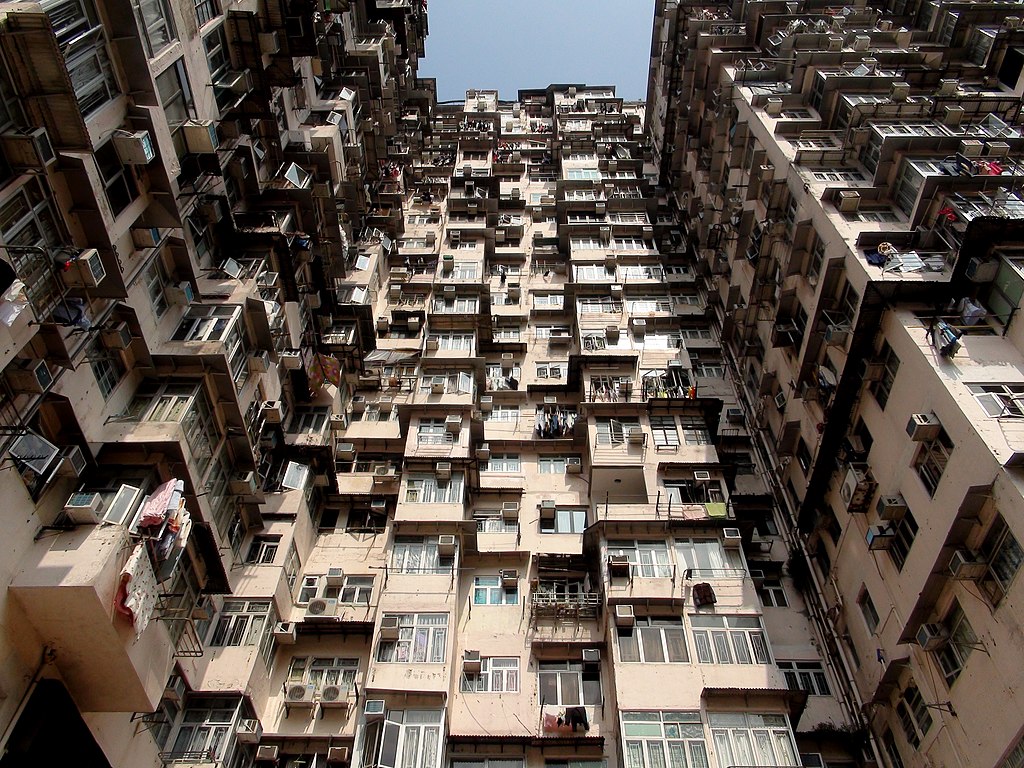
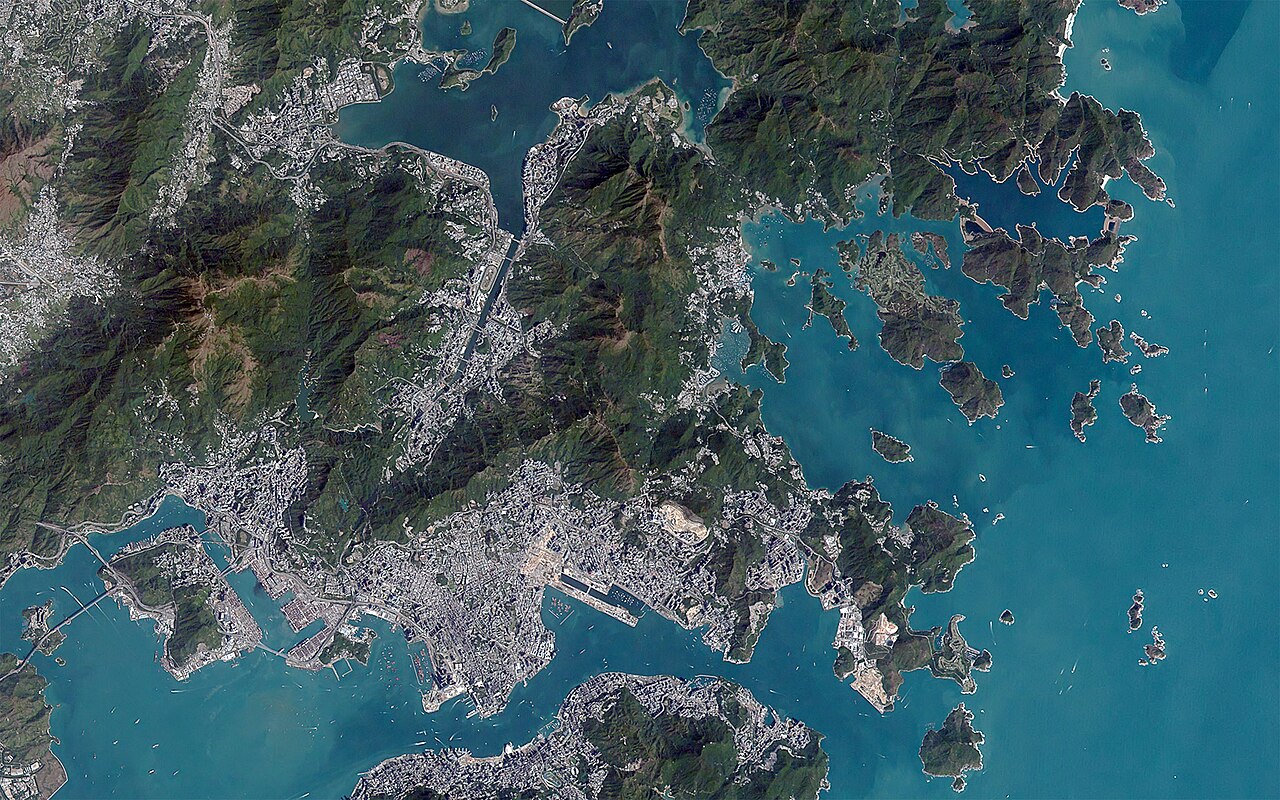
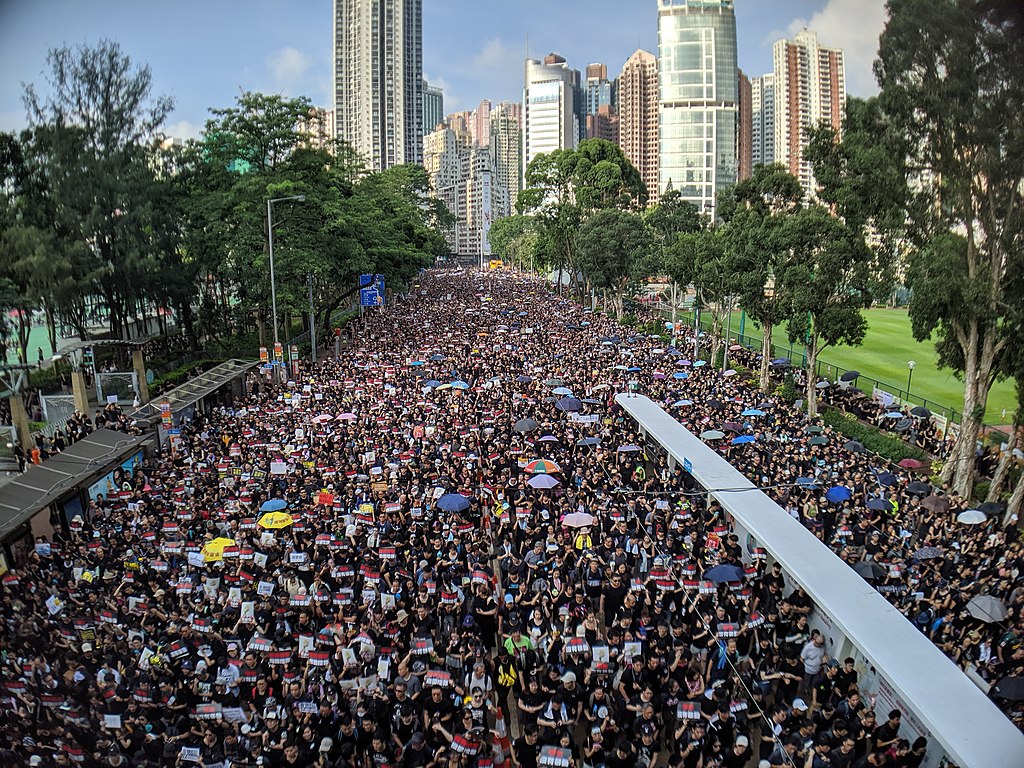
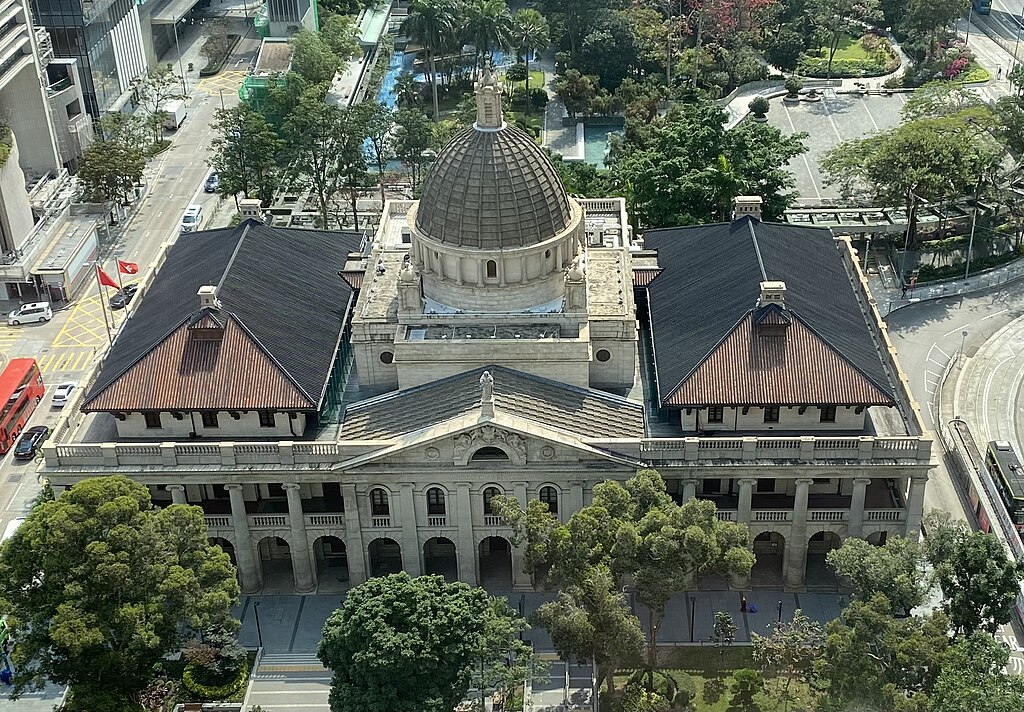
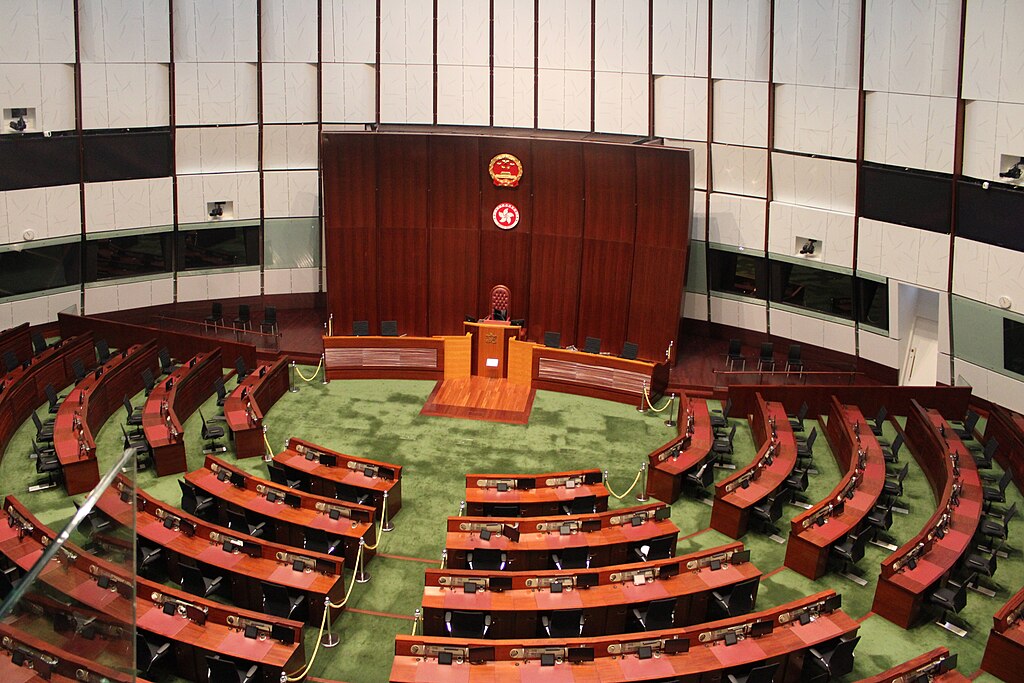

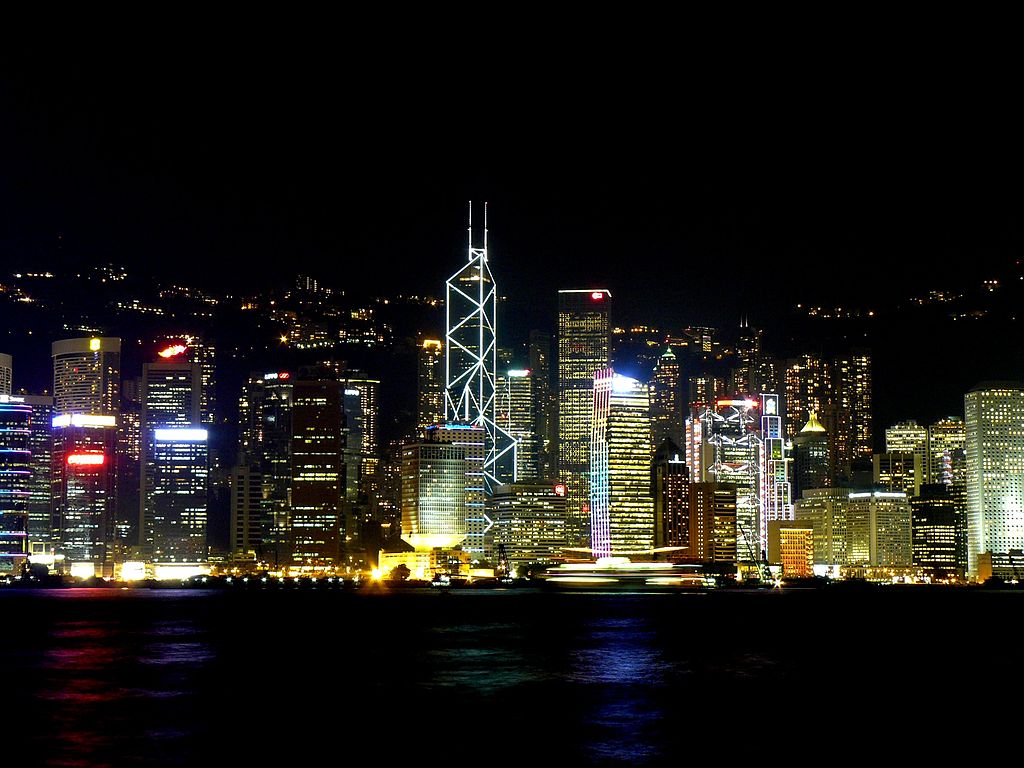
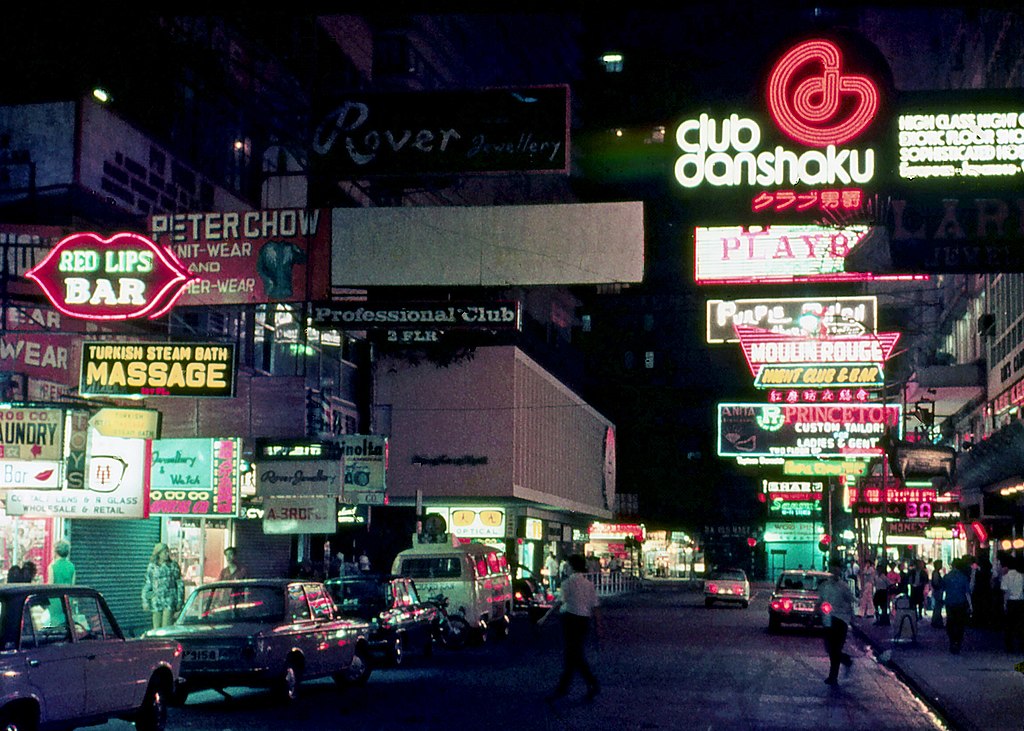
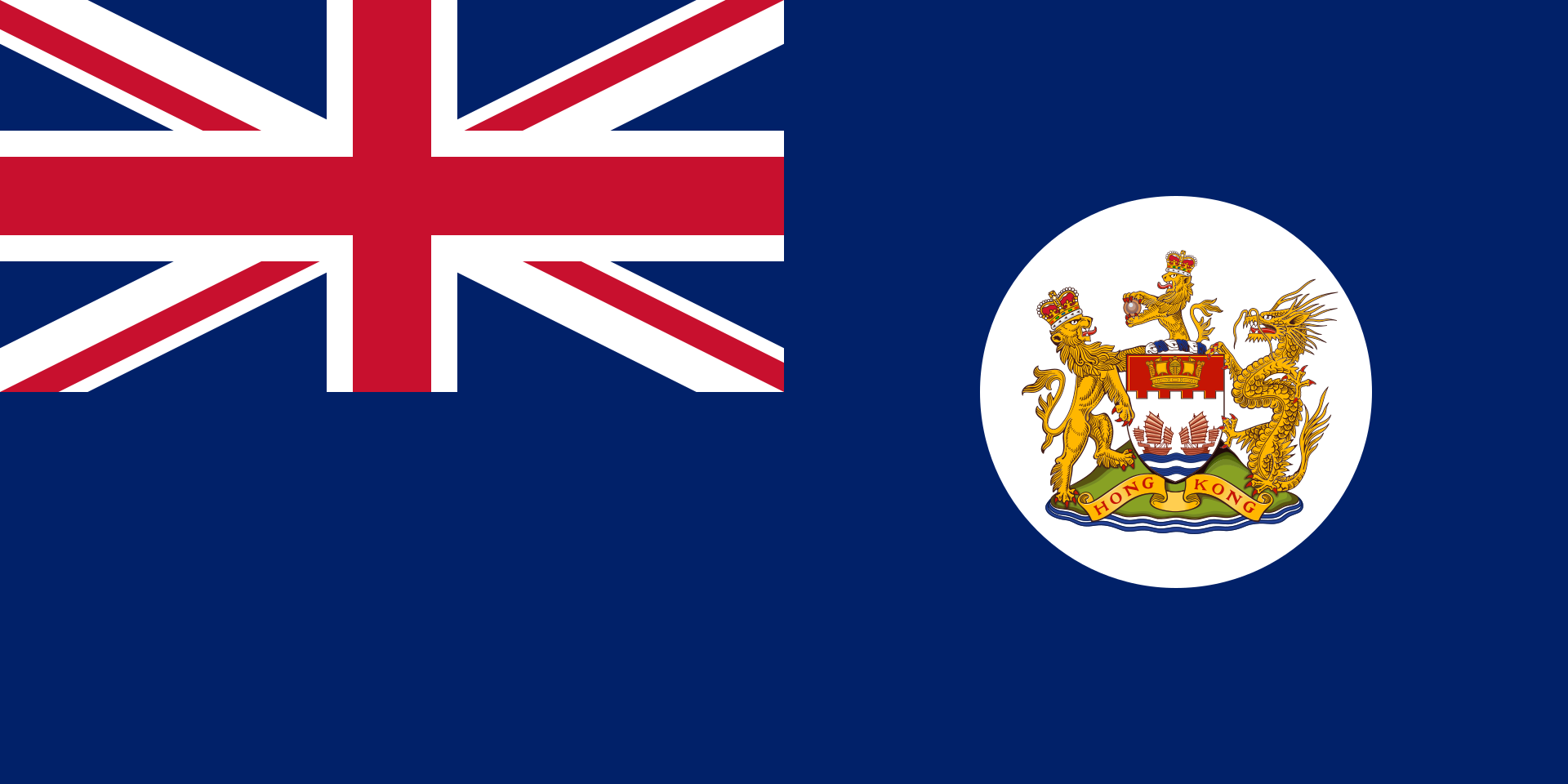
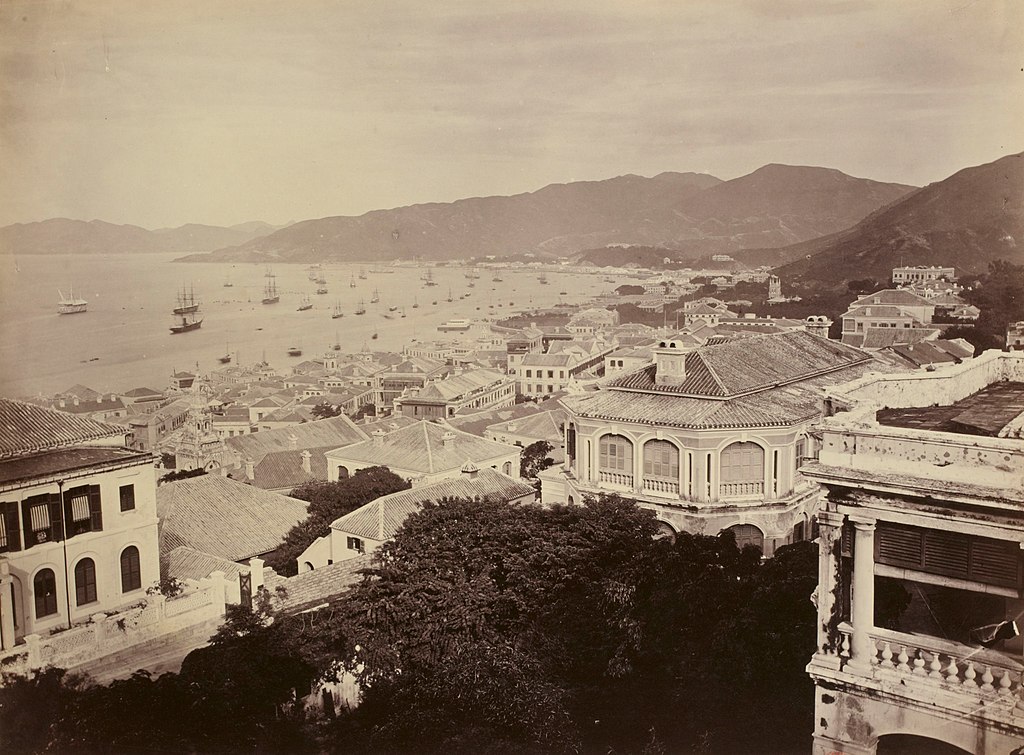
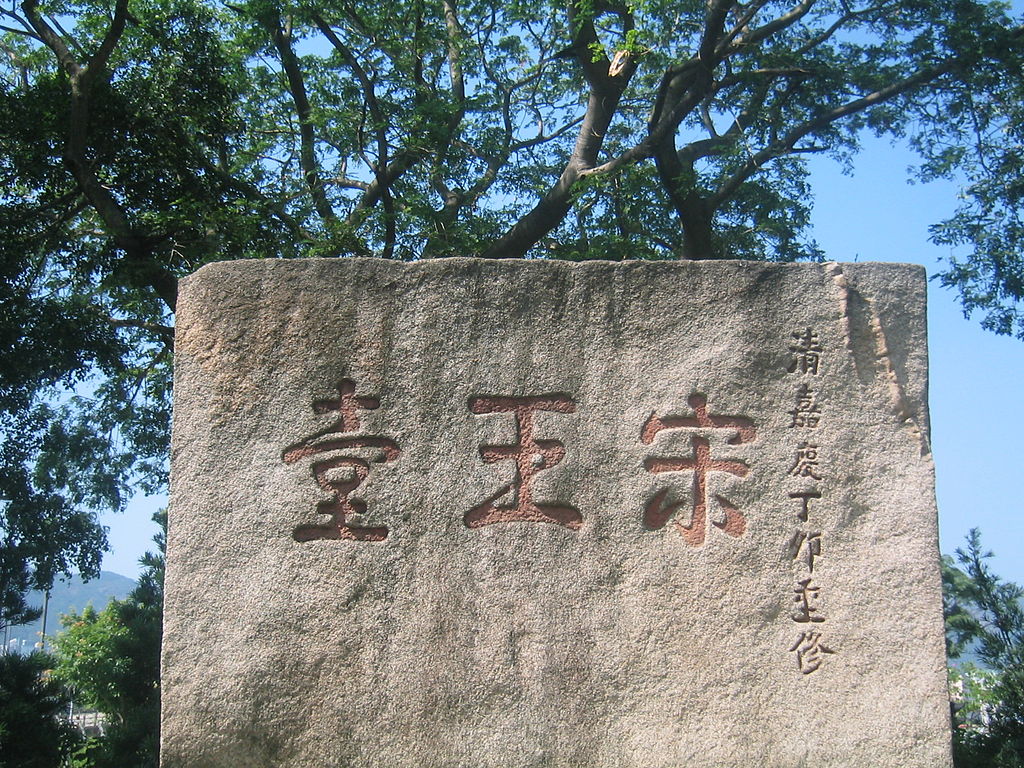

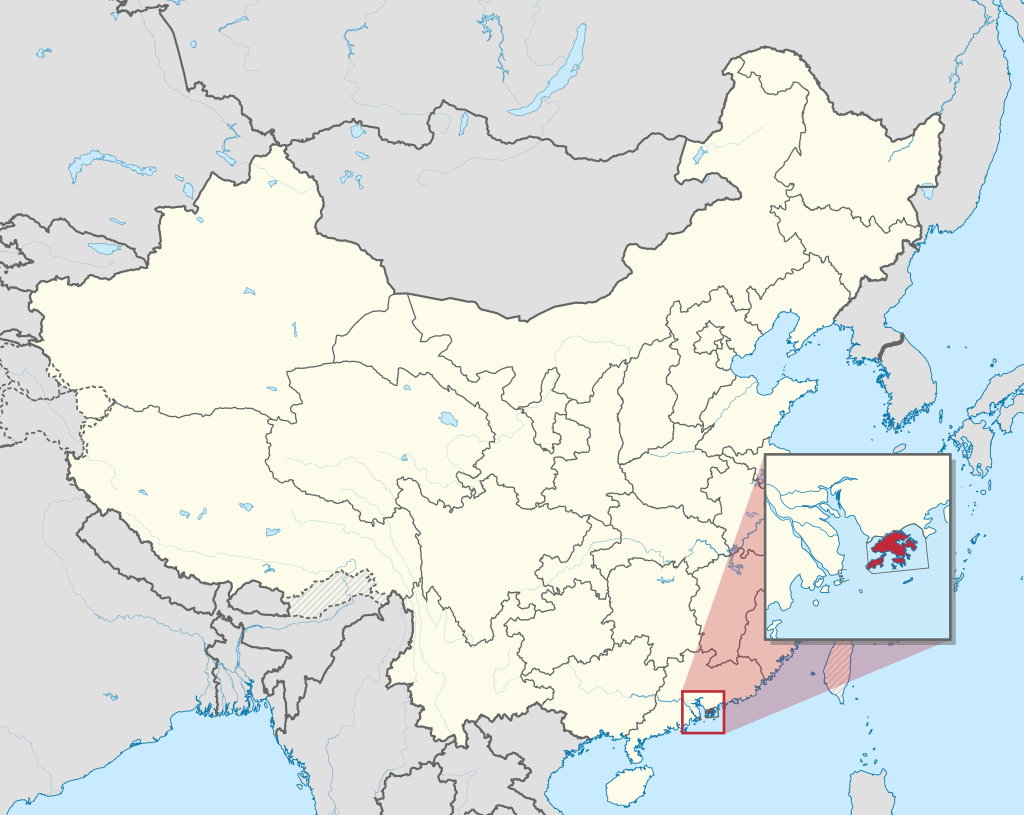
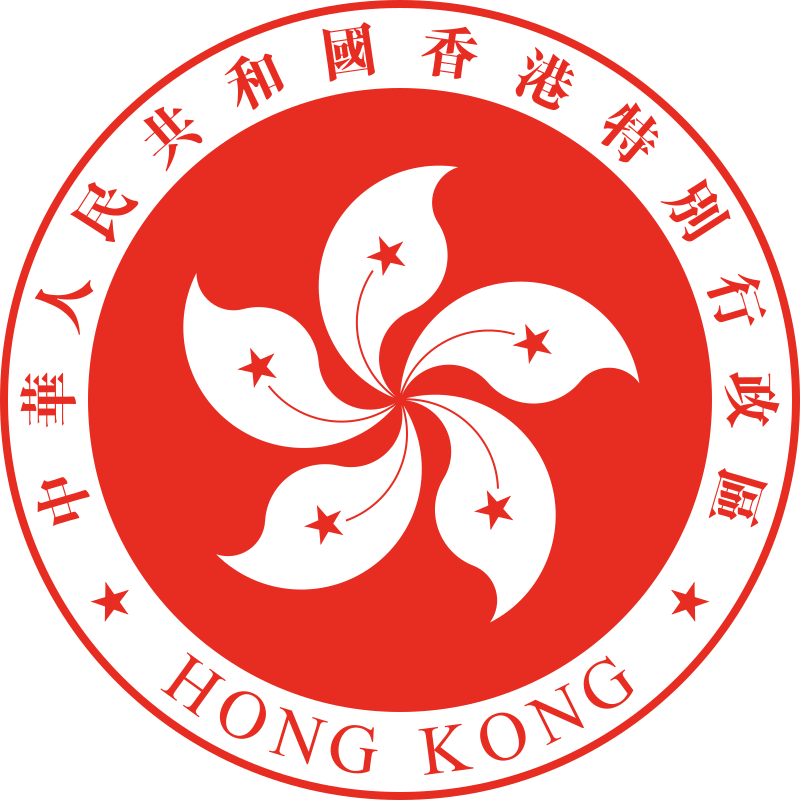


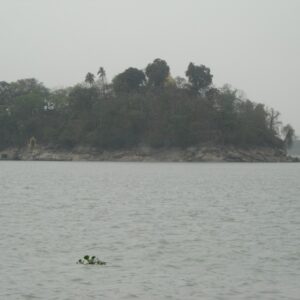



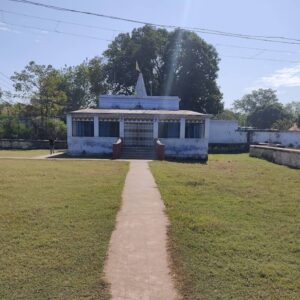


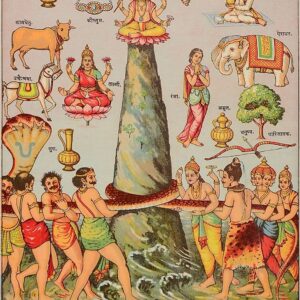

Reviews
There are no reviews yet